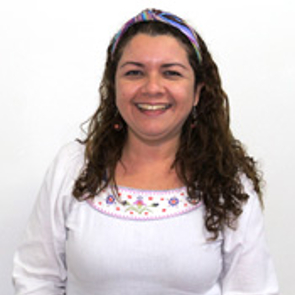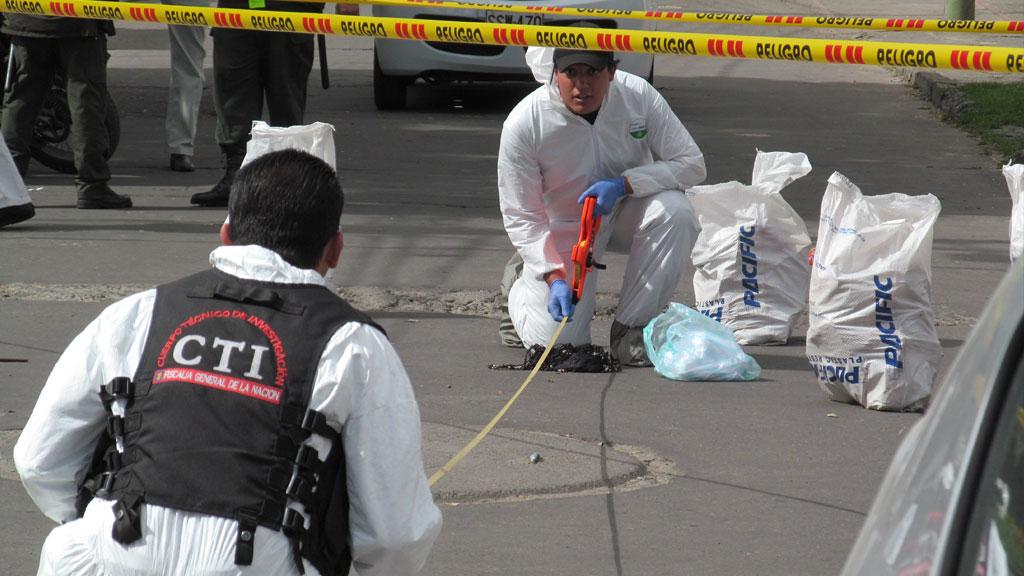
Zoraida Hernández Pedraza
Zoraida Hernández Pedraza has worked as a lawyer and human rights defender for almost two decades. She became committed to the defence of human rights from a very young age, a cause she initially took up in response to human rights violations carried out in her home city of Cúcuta by the military. From 1994 until 1998, Zoraida worked to defend human rights in Cúcuta as a member and legal assistant of the North Santander section of the Comité de Solidaridad con Los Presos Políticos - FCSPP (Committee for Solidarity with Political Prisoners). This section of the organisation was targeted as a result of their work, leading to the killing of her colleague the lawyer Javier Barriga Vergel. The security situation eventually forced Zoraida to flee to Bogotá.
In 1998 she was elected to the National Board in charge of the General Secretariat of the FCSPP, during a period which saw the killing of two of her colleagues Julio Ernesto Gonzales and Everardo De Jesus Puerta. Zoraida herself was targeted for intimidation while serving on the National Board, having been followed and subjected to threats. Since 2000, Zoraida has been connected with Corporación Sembrar, an organisation that is dedicated to working for the defence and re-institution of lands in Colombia, and the spokesperson for various land rights organisations. She has also worked as an advisor to the Federación Agrominera del Sur de Bolívar with whom she has publicised human rights abuses in that region of Colombia. During 2011-2012 she served as the spokesperson for the Movimiento Nacional de Víctimas de Crímenes de Estado - MOVICE (Movement of Victims of State Crimes).
In 2012 she was nominated for the National Prize for the Defence of Human Rights in Columbia, in the category of Best Defender. She received an honourable mention. Throughout all of her career in the defence of human rights, Zoraida Hernández Pedraza has been subjected to constant threats and acts of intimidation against her. The level of harassment and danger to her life increased severely between 2011 and 2012 forcing her to move out of the country with her family.


